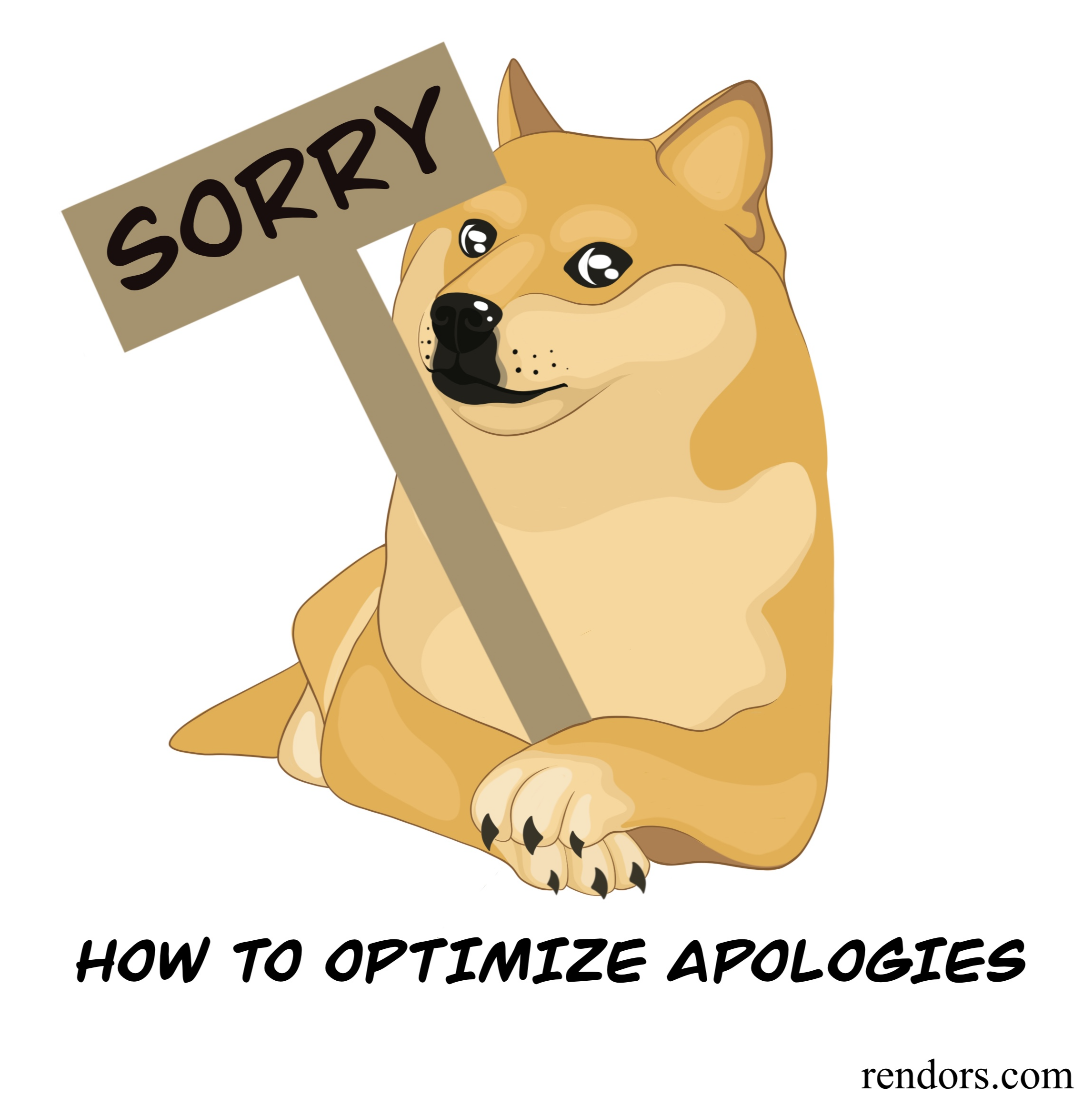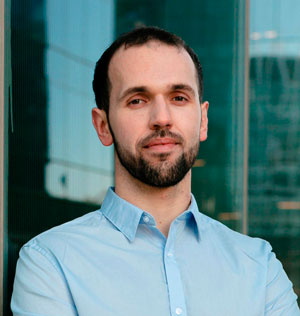Don't see an advisor you admire? Let's add him to the database! - Request

Smartbits. The Science of Optimal Apologies.
We wrong somebody, we apologize, and it helps everyone move on with their lives. Following such conventions is a part of being a mature person. But an apology is not just a simple binary act of courtesy. We can easily mess it up, or hopefully, make it better and more effective. Let’s talk about what science has to say about the dos and don’ts of apologies.
Apology - a common action to avoid the collapse of a relationship after a violation of trust or an unfortunate incident. (Halperin, B., List, J.)
Professors Basil Halperin (MIT) and John A. List (University of Chicago) have conducted a nationwide field experiment involving 1.5 million Uber passengers who experienced late rides. Here are the takeaways:
- It is all about how the apology is made. Do it well, or it may backfire.
- It is often most effective to make a sacrifice along with the apology. In the context of Uber rides, coupons for future trips went a long way in retaining the clients’ goodwill.
- It might be better to be quiet than to make repeat apologies over and over.
The research has painted a clear picture - there is no place for mediocre apologies. The act has to be sincere and convincing in terms of commitment to improve. The last point from the list is both surprising and obvious. If an apology implies the promise of improvement, then it is a bad idea to apologize for something you are bound to repeat. Once the trust is eroded, there will be no relationship left to save.
The experiment was conducted in a commercial setting, but I think it will extrapolate well into the realm of personal relationships. If anything, people are more receptive and forgiving towards fellow human beings than towards giant faceless corporations.
------
To learn more about the science and rationale behind apologies, check out the links below:
Halperin, B, B Ho, J A List and I Muir (2019), “Toward an understanding of the economics of apologies: evidence from a large-scale natural field experiment”
No Stupid Questions Podcast - 27. How Should You Ask for Forgiveness?

